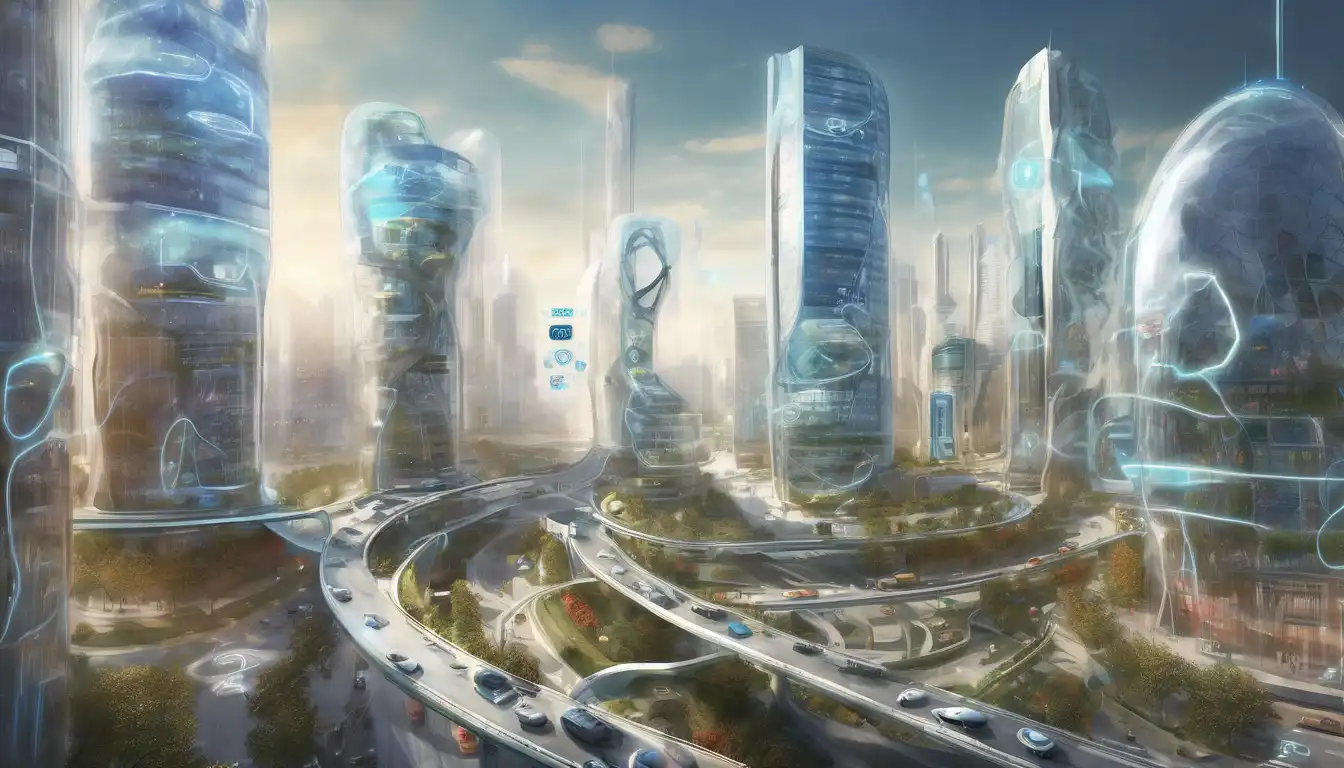The Role of IoT in Shaping Smart Cities
The Internet of Things (IoT) is revolutionizing the way we live, work, and interact with our urban environments. By connecting devices, sensors, and systems across cities, IoT is paving the way for smarter, more efficient, and sustainable urban living. This article delves into the future of IoT in smart cities, exploring its potential to transform urban landscapes and improve the quality of life for residents.
Understanding IoT and Its Importance in Smart Cities
IoT refers to the network of physical objects embedded with sensors, software, and other technologies to connect and exchange data with other devices and systems over the internet. In the context of smart cities, IoT enables the collection and analysis of vast amounts of data to optimize city functions, from traffic management to energy use.
Key Benefits of IoT in Smart Cities
- Enhanced Efficiency: IoT devices can monitor and manage city infrastructure in real-time, reducing waste and improving service delivery.
- Improved Sustainability: By optimizing resource use, IoT contributes to greener, more sustainable urban environments.
- Increased Safety: IoT technologies can enhance public safety through smart surveillance and emergency response systems.
- Better Quality of Life: From smart lighting to waste management, IoT applications make cities more livable and convenient for residents.
Challenges and Considerations
Despite its benefits, the integration of IoT in smart cities faces several challenges, including privacy concerns, cybersecurity risks, and the need for significant investment in infrastructure. Addressing these issues is crucial for the successful implementation of IoT solutions.
The Future Outlook
The future of IoT in smart cities is bright, with continuous advancements in technology and increasing adoption by urban planners and policymakers. As IoT becomes more integrated into city infrastructures, we can expect to see even greater improvements in efficiency, sustainability, and quality of life.
For more insights into how technology is transforming urban environments, check out our article on The Role of AI in Urban Planning.
Conclusion
The integration of IoT into smart cities represents a significant leap forward in urban development. By harnessing the power of connected devices and data analytics, cities can become more efficient, sustainable, and livable. However, realizing this potential requires careful planning, investment, and attention to the challenges ahead.
